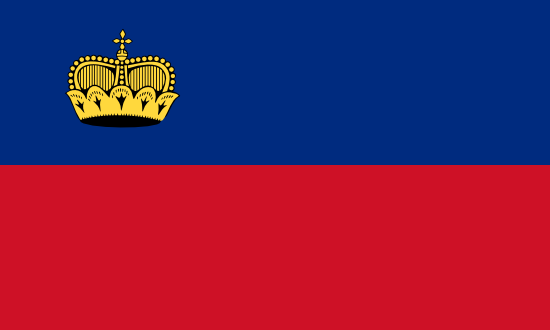
Health Insurance in Liechtenstein, Europe
Information expatriation
Capital City: Vaduz
Total area: 160 km2
Population: 35,322 (2007)
Money: Currency Converter
Time Zone: List of time zones by country
Calling Code: +423 XXX
Practical Information:
Health Product: Travel Insurance and Health insurance
Health Insurance information and Sanitary Risk: World Health Map
BLOG: Expat Health insurance Information
Here is a brief description of the healthcare system in the country:
· Liechtenstein has a universal healthcare system that is similar to those of neighboring Switzerland and Austria.
· It is based on compulsory health insurance, where all residents must purchase coverage from a handful of private insurers.
· The insurance pays for the majority of medical costs, including doctor visits, hospitalization, prescription drugs, and dental care.
· Patients pay deductibles and co-pays out-of-pocket based on the services and insurance plan chosen.
· Care is provided through general practitioners, specialists, hospitals, pharmacies and other facilities.
· The government sets insurance premiums and reimbursement rates to ensure coverage is affordable.
· Standards of care are high thanks to close partnerships with larger Swiss and Austrian hospital systems.
· Liechtenstein spends over 10% of its GDP on healthcare, resulting in excellent access and medical infrastructure for its population.
Here are some key health considerations for expatriates living in the country:
· Purchase mandatory basic health insurance through one of the approved private insurers.
· Consider supplemental insurance plans as basic options may have higher deductibles/co-pays.
· Register with a primary care physician/medical home as point of regular/preventive care access.
· Understand insurance policies thoroughly, including covered vs non-covered services and procedures.
· Bring an adequate supply of any maintenance prescription medications.
· Quality is high nationwide but waits can occur for specialized services - plan accordingly.
· German is primarily spoken but many medical staff also speak English. Learning basic terms is helpful.
· Premiums are relatively affordable thanks to government price controls, but unexpected costs are still possible.
